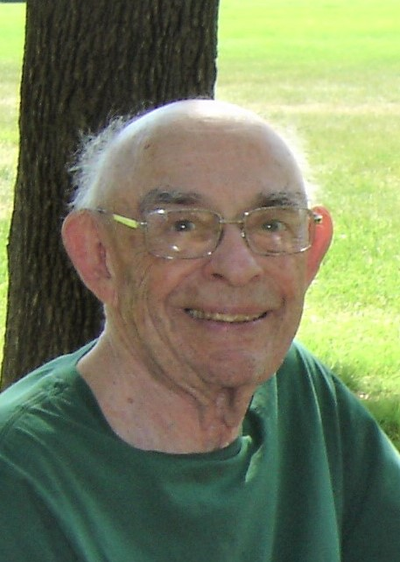Faith and Values: Lacking universal moral guides, we find ourselves in the Age of Deceit

It seems nowadays we are quite frequently enjoined to overcome the current prevalence of immorality and to strive to abjure pettiness, selfishness, greed, meanness and other failures in favor of maximizing “the better angels of our nature.” While this is probably all well and good, it should not be taken as suggesting that the potential range of our behavioral responses nor the dynamics of their determinants have changed. For better and for worse, we are the same old folks, Homo sapiens.
What has changed rather radically are some of the critical aspects of the physical and social environments within which we find ourselves having to function.
We no longer find ourselves living in small, primary familial groups aggregated into a somewhat larger but still relatively small homogeneous kinship of clans or tribes. The intimacy and pressures of such social entities powerfully mitigated against secrecy and deviance.
As history went on and circumstances began to change somewhat, virtually universally there soon emerged an additional powerful force toward the ensuring of socially approved behavior, which we call religion. The advantage of the introduction of mystical religion into the dynamics of behavior rested to a large extent on the leverage of stipulated rewards and punishments both in everyday life and, more particularly, in an afterlife.
As social units increasingly entailed larger and larger collections of inhabitants in towns, cities, city states, nations and empires, religion was conjoined with state power in the ruthless enforcement of proscribed ethical behaviors. These forces shaping the contours of the spectrum of human impulses and actions began to seriously change with the advent of the interrelated scientific and industrial revolutions. Mysticism began to lose some of its power, individuals began more to question the sanctity of state power. The incipient widening dissemination of information and ideas undercut the old morality.
To a greater or lesser extent, however, we continue to verbalize a value system which is essentially archaic, a comforting ritual which bears little or no organic relationship to the realities of our actual current lives. For instance, while lip service is still widely prevalent extolling truth, honesty, fairness, trust, selflessness and related virtues the very structure of our lives belie those values.
We live in an essentially highly competitive, not communitarian society, where winning is primary and almost any means to that end that one can get away with is not only acceptable but admirable.
A prime manifestation of this value system is what we like to believe is our economic system as defined by the great 18th century economist and philosopher Adam Smith, the “free market economy,” self-regulated by the “invisible hand” of supply and demand. His error, understandable in his era, was the assumption that “the invisible hand” would be only motivated by human “self-interest” expressed within an overriding context of morality, not venality.
We live now in The Age of Deceit.
Based on scientific research, we are alternately lured and frightened in ways that maximize profit and power of those interested in such. With only feeble and tardy restraint from our institutions, our desires and dreads are subtly stroked so as to compromise our judgment and prudence.
Without the advent of a new or reborn widely and deeply adopted set of moral commandments, there is no logical possibility of fundamental change in how we live our lives, the choices we make and how we relate to one another. We may rail against this or that current ugly manifestation but it is no more than “whistling in the dark.”
Peter H. Grossman, a Spokane resident, earned his doctorate in clinical psychology and practiced as a psychotherapist for 25 years.